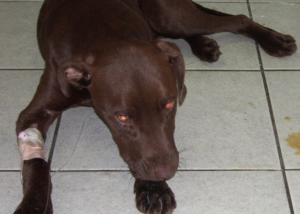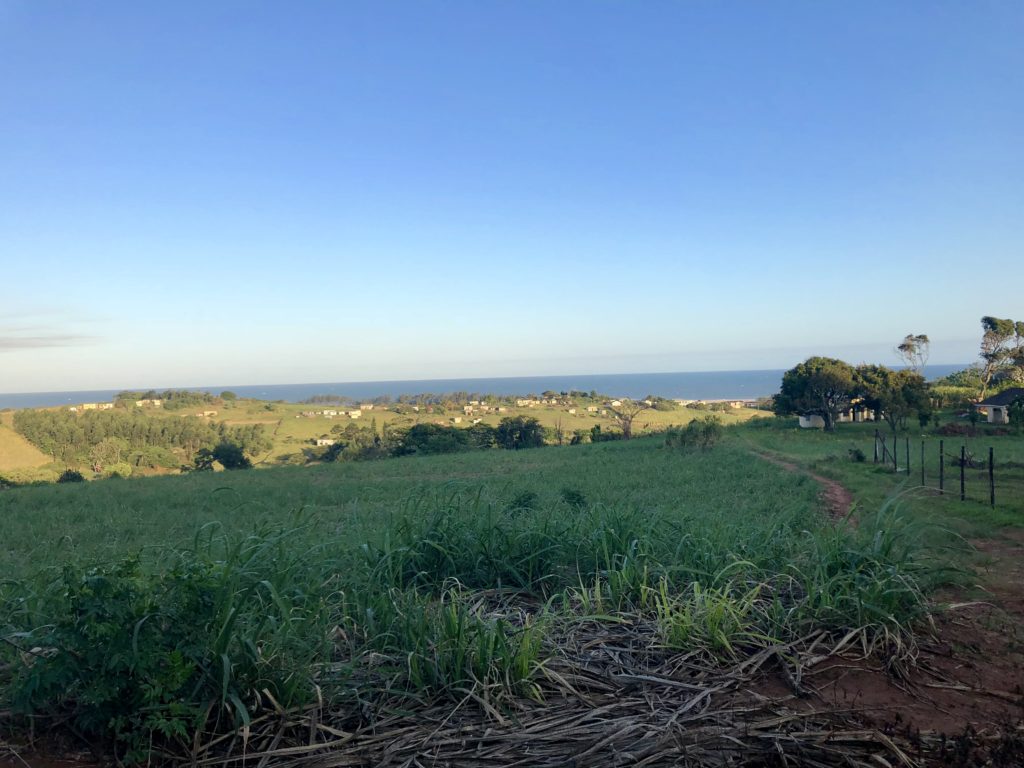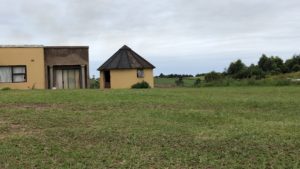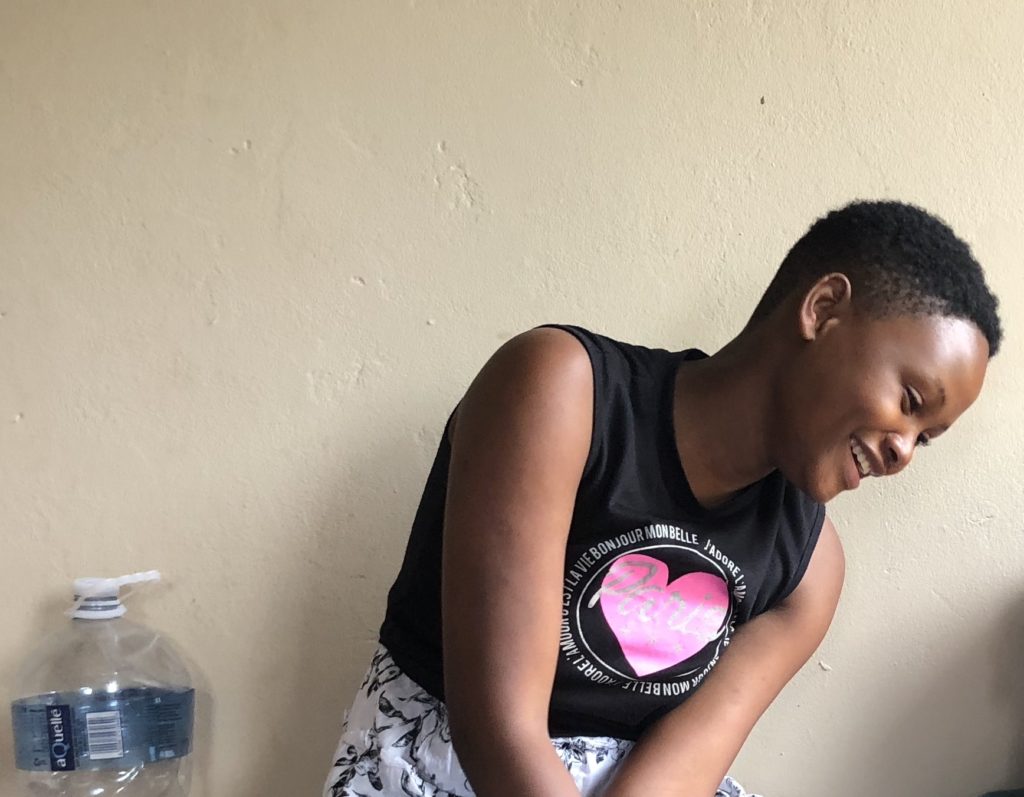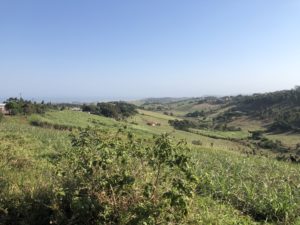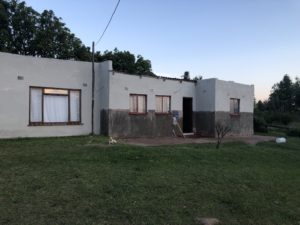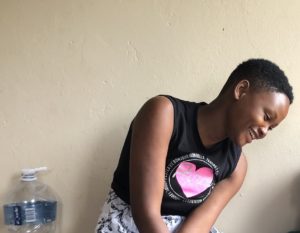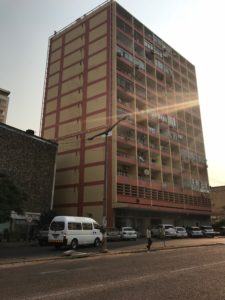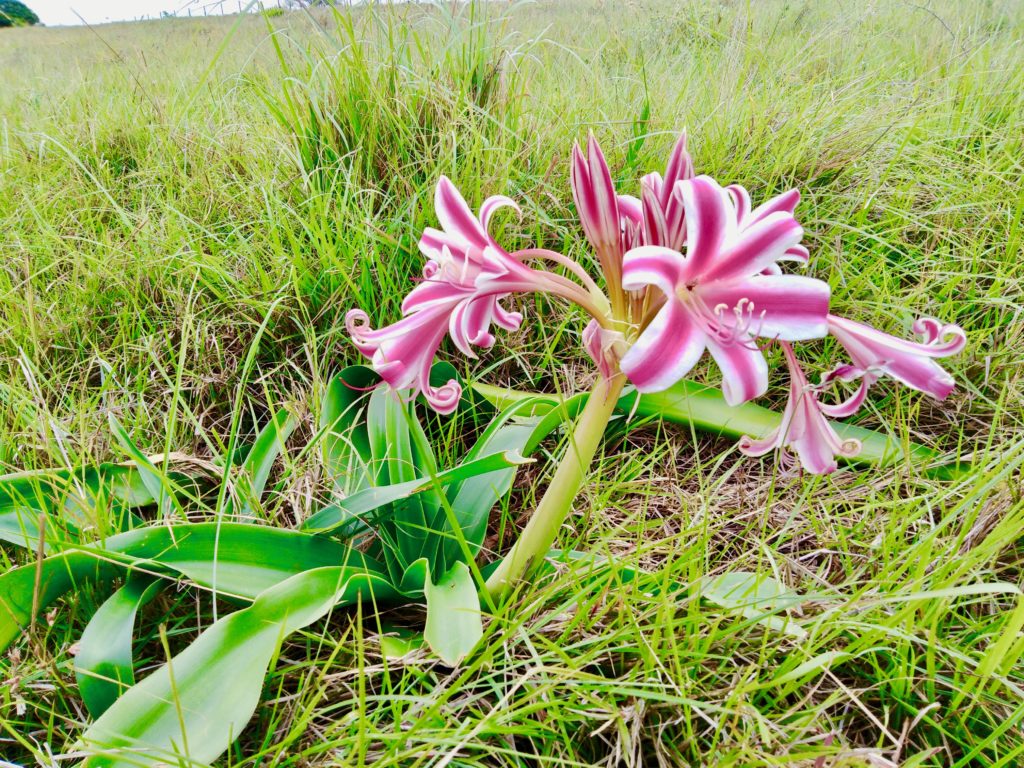
06 November 2018
First appeared in TimesLIVE
South Africa has two world-class liver transplant centres‚ a new study finds. But they are under-utilised because not enough donor livers can be sourced and those who need their services often can’t reach them.
The two centres serve the whole of the African continent. Researchers also flagged the low numbers of patients being referred to the centres from the public sector‚ although this number has been growing. In 2004‚ when the centre opened‚ only 6% of patients were from the public sector‚ while in 2016 this had grown to 11%. The biggest challenge‚ said the researchers‚ is the absence of liver donors. There simply aren’t enough.

“This highlights one of the greatest barriers to increasing solid-organ transplant volumes in SA and can only be addressed if a multifaceted approach is fully endorsed by national government‚” they wrote.
A shortage of facilities and the increasing demand for life-saving kidney treatment in the public sector has led to a rise in kidney-related deaths. From 1999 to 2006‚ deaths from chronic kidney disease in the public sector increased by 67%‚ reported Professor Brian Rayner‚ head of nephrology and hypertension at Groote Schuur‚ in 2017.
Nearly 10 times more people were getting renal replacement therapy in the private sector than in the public sector: 716.3 people per million of the population in private care compared to 72.6 in public care.
Investing in the kidney transplant programme at public hospitals would therefore free up dialysis slots for new patients needing life-saving kidney treatment‚ nephrologists noted.






